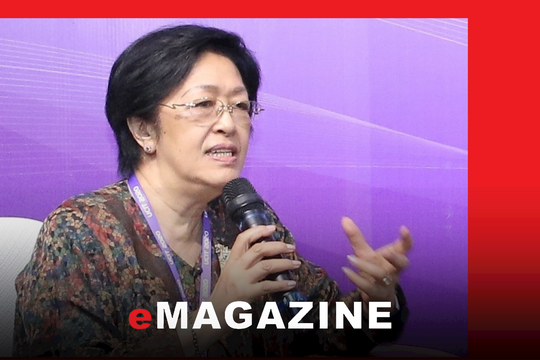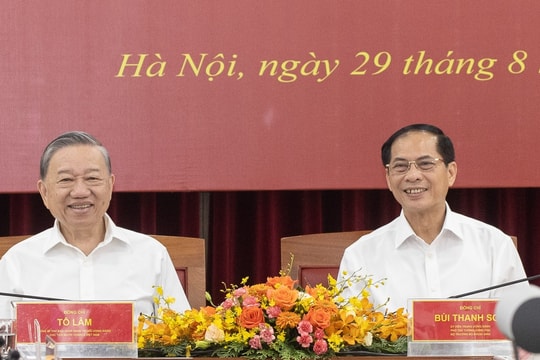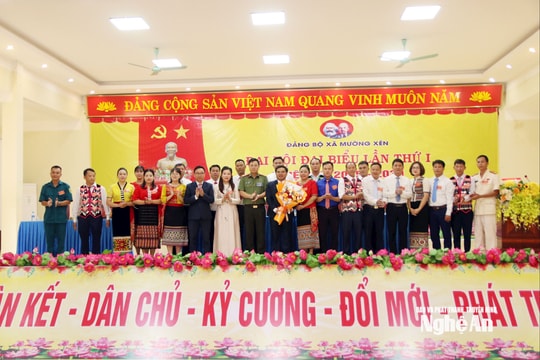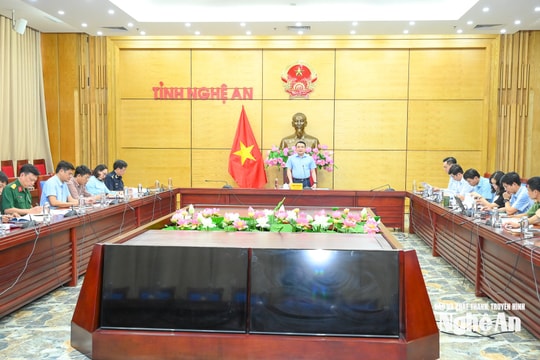Foreign finance in international economic integration
(Baonghean) -To implement the Financial Strategy to 2020, especially the group of solutions on promoting cooperation activities and proactive international integration in finance, it is necessary to have a general foreign affairs orientation and a unified implementation plan, coordinate financial foreign affairs activities, and focus resources to contribute to the common goal of completing the Financial Strategy to 2020.
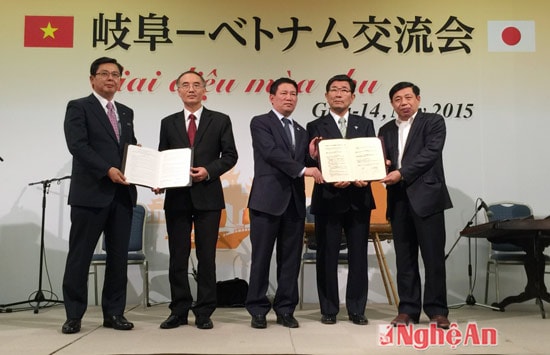 |
| Nghe An provincial leaders promote foreign investment in Japan. Photo by Nguyen Van Nam |
The changing relationship between the state and the private sector
According to the Ministry of Finance's assessment of foreign finance recently, in the context of increasing interdependence in the international arena, economic fluctuations in one country will have a great impact on many other countries. Interdependence in the financial system is even greater, in terms of both the level of influence and the speed of influence, compared to traditional relationships such as trade or investment.
Accordingly, economic relations have changed towards multipolarity, with new economic centers (BRICS group) emerging alongside traditional economic centers (US, Japan, EU). The growth focus of economies has changed towards a more sustainable and balanced direction: topics on green growth, inclusive growth, fiscal sustainability and public debt... have become common themes in many international cooperation forums.
Therefore, the role of the state in the economy is becoming increasingly important, the relationship between the state and the private sector is changing towards a more closely intertwined direction. The private sector relies more on the state, especially in times of crisis (state bailout packages, economic stimulus packages), and the state also increasingly seeks private resources to support the development of public goods and services (public-private partnership models in the form of PPP).
Increased risk and sensitivity of the economy
The international context is like that, but domestically, the economy continues to integrate deeply into the regional and international economy, in which, joining the WTO and TPP are important milestones. Integration brings certain benefits, but also increases the risks and sensitivity of the economy. The role of policy-making agencies is very important, helping the business sector to be best prepared for fluctuations in the business environment, thereby avoiding adverse impacts and taking advantage of the advantages brought by integration.
However, the remaining problems are also very complicated, requiring more appropriate orientations and policies. According to the Ministry of Finance, besides major orientations, there are no specific goals for international financial cooperation in the medium and long term.
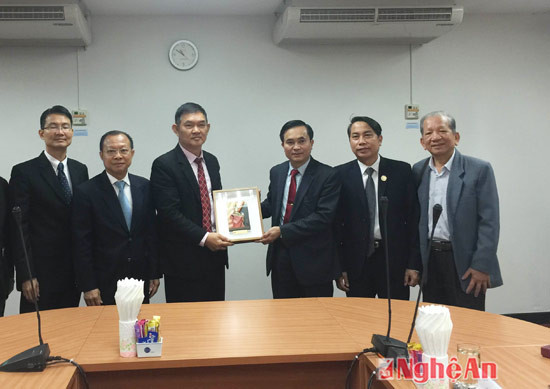 |
| Comrade Le Ngoc Hoa, Vice Chairman of Nghe An Provincial People's Committee and the Nghe An provincial delegation promote investment in Thailand. Photo by Nguyen Van Nam |
Continue to expand priority areas
To contribute to solving the above problems, the Ministry of Finance said that the goals and foreign affairs orientations of the financial sector in the period of 2015 - 2020 focus on specific goals and tasks. In particular, it will continue to expand integration in priority areas, such as the stock market, insurance, accounting and auditing... to gradually approach common standards and international practices.
Red River

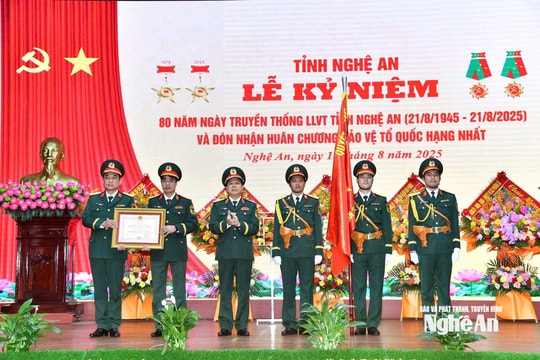
.jpg)

